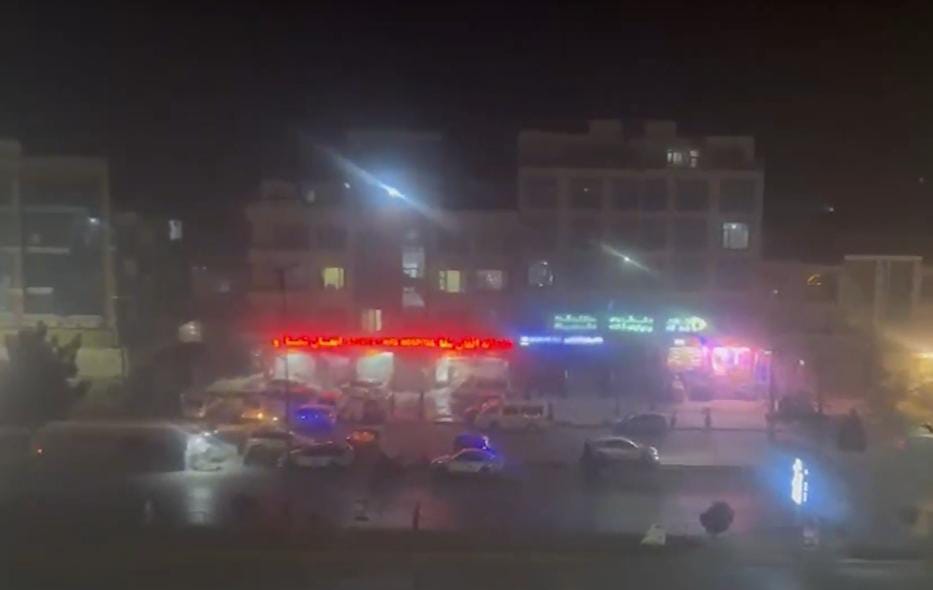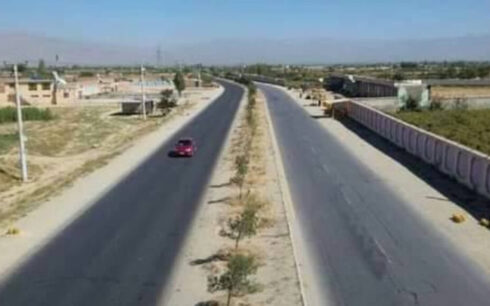KABUL—Residents of Kabul are raising alarms over worsening air pollution as winter approaches, with thick smog limiting visibility and impacting daily life in the densely populated Afghan capital.
Doctors interviewed by Amu have reported a rise in respiratory illnesses linked to the poor air quality. Residents describe the city’s air as a mix of dust, smog, and pollution, making movement increasingly difficult.
The deteriorating air quality is largely attributed to poverty and unemployment, forcing many to burn coal, plastic, and other harmful materials for heating. Factories operating without regulations have also been identified as a major contributor to pollution.
“The main factor contributing to water and air pollution is factories,” said Zainuddin Zahid, a Kabul resident. “The government [Taliban] should take action to stop factory emissions. Poverty is also a reason, as people are burning plastic instead of wood or coal.”
Arzo Ahmadzai, another resident, voiced concern over the growing health crisis. “The pollution has increased significantly, making many people sick. Families cannot afford treatment. If this pollution is not controlled, it will lead to a disaster,” she said.
Medical experts have warned that Kabul’s air pollution poses severe health risks, including respiratory diseases, heart problems, lung cancer, and strokes.
“Air pollution has a devastating impact on human health, particularly on the respiratory system, causing chronic illnesses,” said Mujtaba Maroufkhil, a medical expert. “Globally, millions die annually due to air pollution, and in Afghanistan, many are already suffering from respiratory, cardiac, and stroke-related issues linked to the toxic environment.”
Despite its minimal contribution to global carbon emissions, Afghanistan faces disproportionate environmental challenges. The United Nations has ranked Afghanistan as the sixth most climate-vulnerable country in the world and fourth in overall disaster risk.





